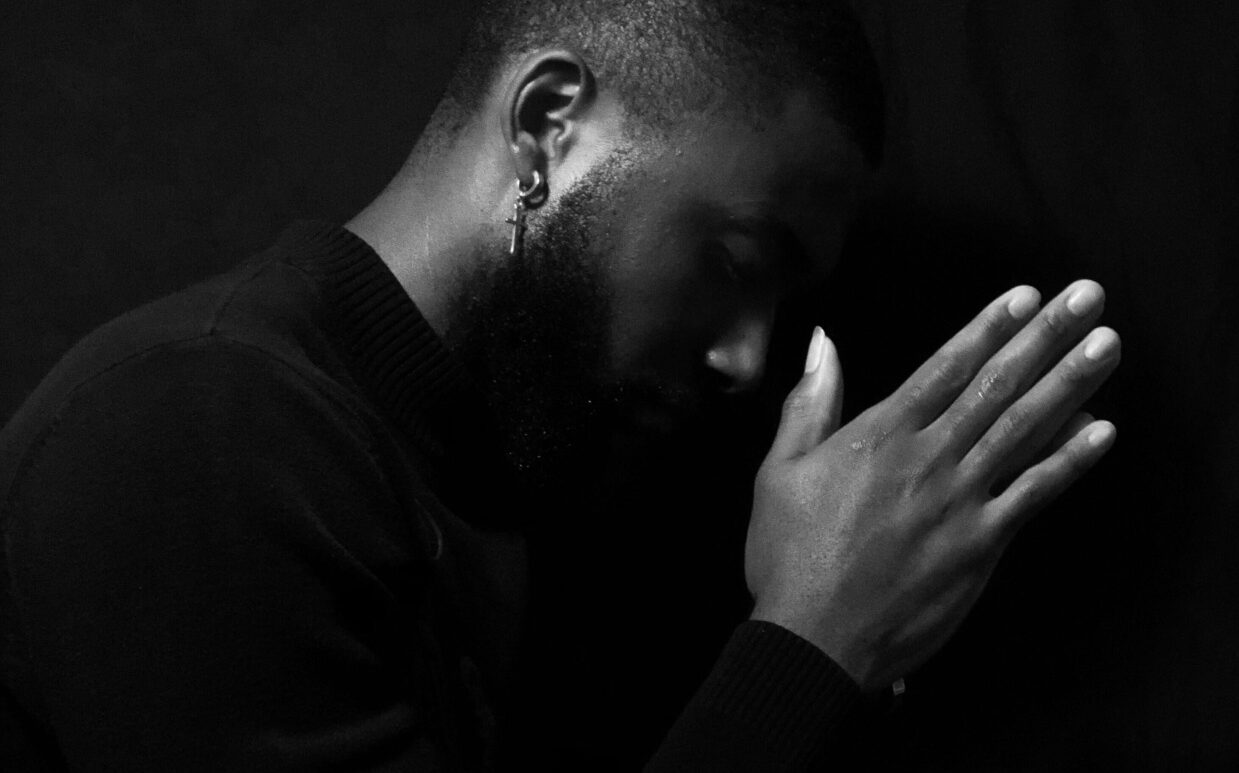Mental health and the minority: counselling for black students is needed
For the most part, you are on your own at university. And the experience can be all the more isolating and daunting when you are a minority student. From a lack of representation, to a lack of community, to culture shock, there are so many problems relating to racism that minority students have to to work through.
The coronavirus pandemic has made us all more susceptible to systemic issues regarding healthcare and welfare. However, an insidious intersect of the two is racism. Race plays a large part in the mental health of students, specifically black students. Only just over half of black and minority ethnic (BAME) students with a mental health condition obtained a 2.1 in 2017-18.
The first question is not what, but who? Who’s mental health are we talking about? This outlines the first issue with mental health issues and minorities. There’s a reason why using BAME, BIPOC, and POC as a tagline for all students can be tricky. This is shown in universities’ practices, from the acronyms used to talk about us in statements, to the services that are supposed to aid us. The micro may seem small, but the impact of it definitely isn’t. And it seems to be a battle we face alone.
Just over half of black and minority ethnic (BME) students with a mental health condition obtained a 2.1 in 2017-18
Many black students from low-income backgrounds haven’t even been exposed to treatments such as therapy or counselling. They are not only suffering from issues with their mental health, but are also affected by their race and ethnic/class background. Pressure then falls on the shoulders of SU officers, black societies, and fellow student activists who advocate for us all. We can’t expect these volunteers to offer up all their free time to mentor and counsel students – many of them are students themselves. But then who is there to help them? To help with this apparent “burden” universities are unwilling to truly engage with? Many would suggest counsellors. So where are the black student counsellors?
Warwick’s very own wellbeing site cites that approximately 35% of students registered for the service are BAME. There is clearly a considerable demographic in need of this service. The university states: “We endeavour to ensure our staff group is diverse and all staff are trained and experienced in working with issues of culture and difference, including ethnicity.”
Seeing yourself matters, especially when talking about a complex, layered issue like your mental health
Yet, there’s still a diversity issue at Warwick and Russell Group universities in general. Numerous studies have already shown the impact of systemic racism and how it plagues our educational institutions. The “invisible barrier“ is noticeable to black students throughout their lives. Black staff — not a marginal number in the umbrella of a BAME percentage — in senior roles and welfare positions make a difference. Representation matters, seeing yourself matters, especially when talking about a complex, layered issue like your mental health.
Race-related issues on and off campus are already met with fierce amounts of gaslighting and microaggresions. Finding a space to be able to talk about these issues is rare, outside of set spaces made for black students by black students. Warwick’s Afro-Caribbean Society (ACS), Caribbean Society, and Anti-Racism Society (WARSOC) all do their part in helping students come together and feel represented, safe and part of a community. However, these spaces are not enough, and should not be seen as functioning on behalf of the university. They are not created by the university itself and so, without them, what are universities doing to cater to black students?
Black students are not Molotov cocktails to throw out and lead the revolution
The tools to fix it have been offered time and time again. And, quite frankly, we are tired. The BAME representation plans and mission statements mean nothing, as do the student diversity representatives used to reel in prospective students on open days. The crisis of mental health is constantly overlooked. What happens when students finally arrive here with multiple limitations, despite their glowing A-Level grades? I have found myself constantly perplexed by basic needs being dismissed or ignored altogether.
Black students are not Molotov cocktails to throw out and lead the revolution. We are not controversial, and we are not inherently doing anything other than trying to live. We should not be in the university’s arsenal weaponry as a resource to “decolonise” or demonstrate discussion.
As a black student, it is difficult to talk to friends and family about mental health, let alone to approach a professional in a dimly lit room with only a box of tissues separating you. Even as a black student, I don’t have the answers. There is no quick fix to solve racism, including the effects of it. The utopian dream of a black university is one. However, before we get lost in the clouds, it would be nice if we didn’t feel so alone in trying to change things down here.

Comments